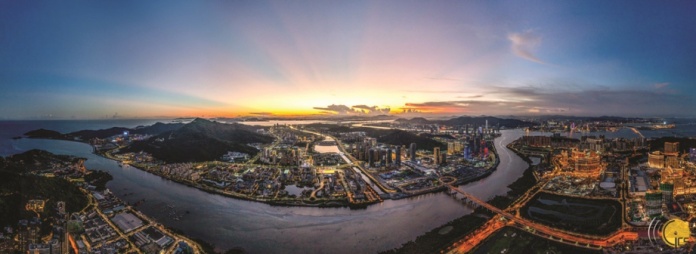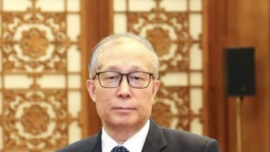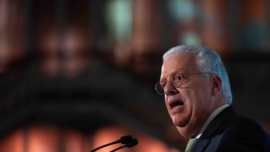Macau Business | October 2021 | Henqgin Plan
Experts are optimistic about the prospects for the newly established Guangdong-Macao In-depth Cooperation Zone in Hengqin.
Following the announcement of the Zone’s Master Plan, business operators are now looking at future detailed polices concerning foreign investment.
It was in the making for some time and was widely expected. The Master Plan of the Guangdong-Macao In-depth Cooperation Zone in Hengqin issued on September 5th by the Communist Party of China Central Committee and the State Council hints at a transformation of the Macau economic development model, aligning it more with the whole process of regional integration.
“We are living exciting times. This is a very important announcement for Macau”, underlined Macanese economist José Sales Marques, president of the Institute of European Studies of Macau (IEEM), at a webinar held by IEEM in cooperation with Macau Business.
The plan defines the strategic position of the zone as a new platform to boost Macau’s appropriate economic diversification, a new space that provides convenience to Macau residents’ life and employment, a new model to enrich the practice of “one country, two systems,” as well as a new high ground for building the Guangdong-Hong Kong-Macau Greater Bay Area.
The plan sets the goal for the zone to fully demonstrate the strong vitality and strength of “one country, two systems” by 2035, when the goal of Macau’s appropriate economic diversification will be basically realized.
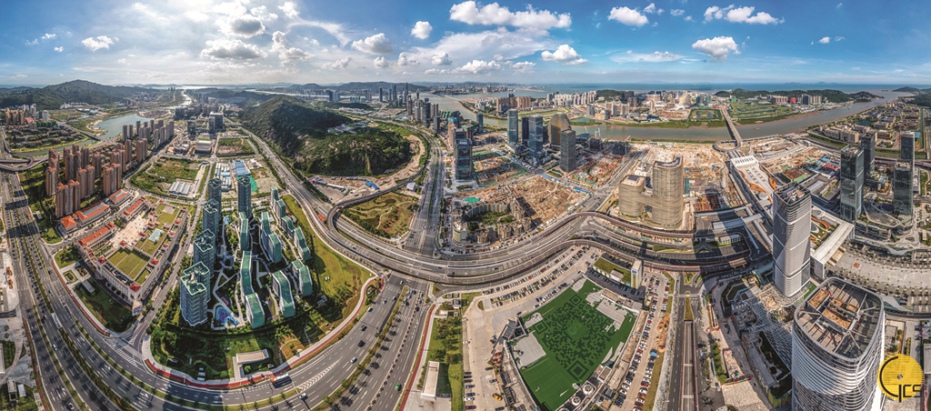
Investment targets
The coming 14 years that will take us to 2035 will be of fast-paced progress, the experts participating in this talk anticipated. American Consultant Matthew Ossolinski, CEO of GW Investment Consulting, has been based in Hengqin over the last eight years and has witnessed the neighbouring island’s skyscrapers mushrooming basically a stone’s throw from Macau. Following the announcement of the Master Plan, the overall mood, even of the doubters, has changed.
As detailed measures are being announced, investors will start lining up to get a share of the Hengqin pie. “The first round of large investors are set to be the gaming concessionaires from Macau: for political reasons and commercial reasons,” Mr. Ossolinski predicts. These companies are likely to carry out significant investments in non-gaming resorts and other facilitiesThe second wave of investment the consultant expects will come from companies attracted by the future Stock Exchange “which will be based in Hengqin most likely,” while a third one would focus primarily on retail.
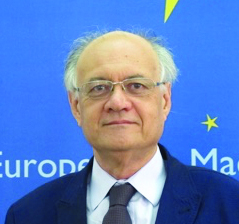
“I think that Hengqin will be in the forefront of liberalization in terms of foreign investment.”
— José Sale Marques, economist and president of IEEM.
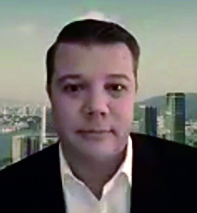
“The first round of large investors are set to be the gaming concessionaires from Macau: for political and commercial reasons.”
— Consultant Matthew Ossilinski
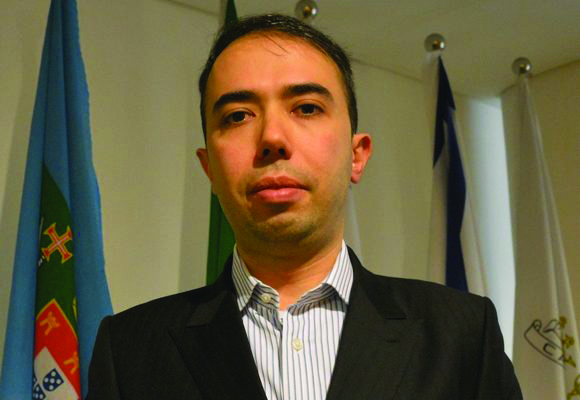
“With the new plan, operational costs will reduce, adding to the possibilities of doing more business and still using One Country Two Systems.”
— Jorge Valente, entrepreneur
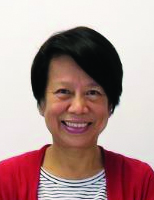
“We saw the huge take off of Macau in the last 20 years and this put Macau as the Las Vegas of the East. Now with this plan, there will be another similar take off of Macau for another 20 years.”
— Professor Wu Mei
Capital solutions
Some Macau investors already set their foothold on Hengqin. Macanese businessman Jorge Valente, Director of HC Group, runs a restaurant in Hengqin and is bullish about the future direction of the zone’s development: “With the expansion of Hengqin it is very good for Macau. We can find space, which is scarce in Macau. We can find labour, people, and we can do the business that we normally do with the Portuguese-speaking countries.” The connection with Lusophone markets is precisely one of the aims spelled out in the Hengqin Master Plan – “Establish an international trading centre serving China and the Portuguese-Speaking countries.”
In a nutshell, Mr Valente argues that “with the new plan, operational costs will reduce, adding to the possibilities of doing more business and still using One Country Two Systems.” What is necessary, he adds, is to learn about, details which are still missing as it will be important for the businesspeople to get a stronger sense of certainty and learn about the overall advantages of doing business on Hengqin.
Mr Sales Marques believes that “in the longer term there will be facilitation for foreign investment,” adding that he thinks that, “Hengqin will be in the forefront of liberalization in terms of foreign investment.”
The Master Plan points to encouraging social capital to set up “private equity investment funds in accordance with market-oriented principles, to attract foreign capitals to increase their investment in high technology businesses and innovative ventures in the Cooperation Zone”.
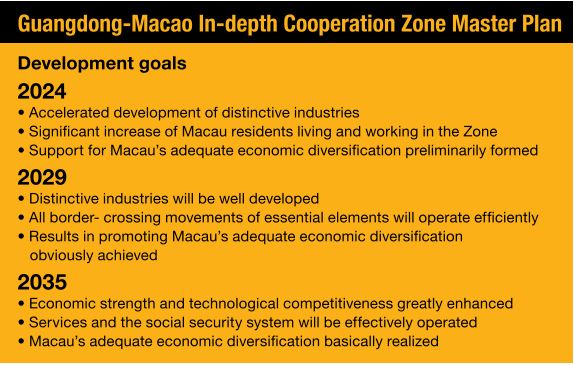
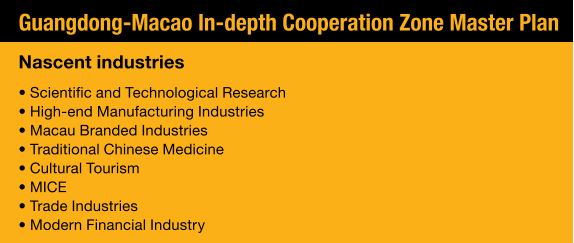
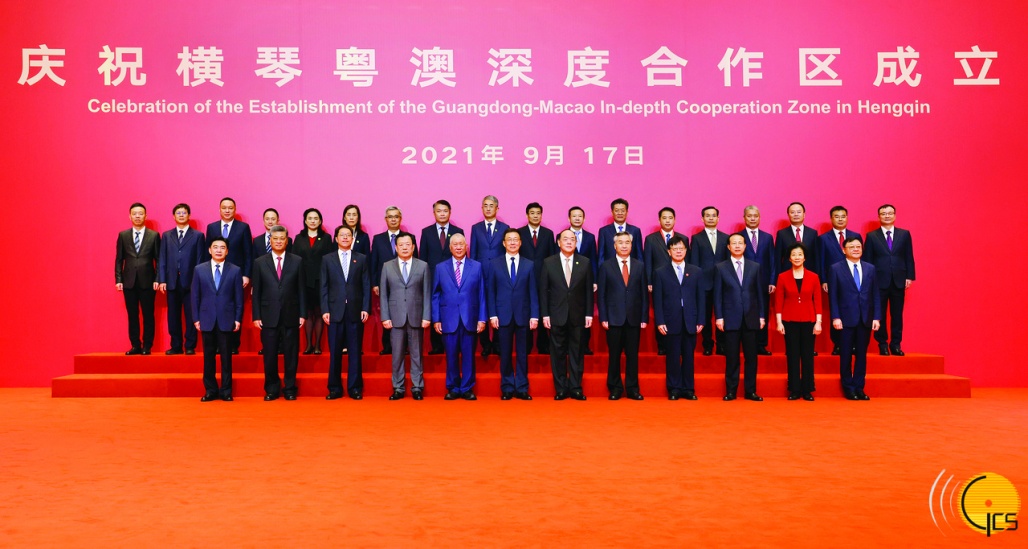
Expansion zone
From the perspective of a macroeconomist, Mr Sales Marques notes that one of the main challenges will be how to quantify economic diversification of activities taking place in Hengqin, which despite being co-managed by Macau and Guangdong will not be under the direct jurisdiction of the SAR like the University of Macau campus is. A possible way to address this could be using the concept of regional accounts, employed at the European Union level to provide a regional breakdown for major aggregates, such as gross value added (GVA) and household income. In the eyes of Matthew Ossolinski, with the announcement of the new plan, Hengqin will be an expansion zone of Macau. “We can start to see that it will be one market.”
Also joining the debate was Adjunct Professor at the University of Macau’s Centre for Macau Studies Wu Mei, who is a Hengqin resident.
Professor came to Macau two decades just before the once-in-a-lifetime transformation of Macau into the world’s top casino hub with the liberalization of the gaming industry. Now, she foresees another transformative process is to take off. “We saw the huge take off of Macau in the last 20 years and this put Macau as the Las Vegas of the East. Now with this plan, there will be another similar take off of Macau for another 20 years.”





